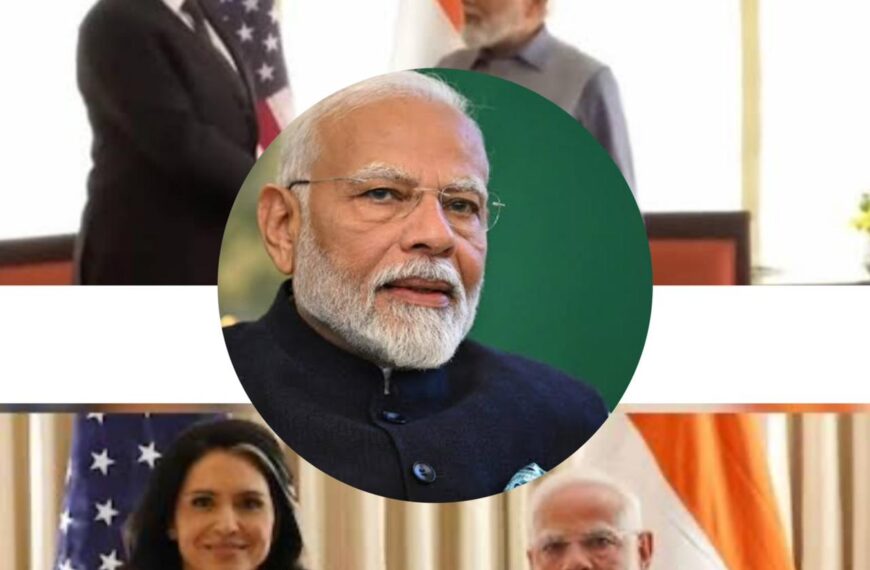Waqf Amendment Bill: The Indian Union Muslim League (IUML) has expressed deep displeasure over the absence of Congress leader and Wayanad MP Priyanka Gandhi during the discussion in the Lok Sabha on the Waqf Amendment Bill 2025. The IUML believes that Priyanka Gandhi should have been present on this important issue and should have put forward her point. ‘Suprabhatham’, the mouthpiece of ‘Samasta Kerala Jamiyathul Ulema’, a major religious organization associated with IUML, also published an article on April 4, calling Priyanka’s absence “a black spot”.
‘Suprabhatam’ also raised questions on Rahul Gandhi’s silence
‘Suprabhatam’ has raised questions not only on Priyanka Gandhi’s silence but also on Rahul Gandhi’s silence. It is written in the article that it is the responsibility of the opposition to speak openly on such sensitive bills and present the public’s side. However, the article also praised the unity of Congress, Trinamool Congress and Left parties under the Bharat Alliance, who raised their voice against the bill in Parliament.

Opposition called the bill unconstitutional and unjust.
In Rajya Sabha, Congress MP Syed Naseer Hussain called the Wakf Amendment Bill outright unconstitutional and unjust. He said, “This bill is against the Constitution and its purpose is to target certain communities. There was a good debate on it in both the houses of Parliament, but the government remained firm on its decision and passed it.” It is worth noting that this bill was passed in Parliament on Friday night.
What is the purpose of the Waqf Amendment Bill 2025
The Waqf Amendment Bill 2025 has been brought with the aim of making changes in the Waqf Act 1995. The government claims that this will improve the management and administration of Waqf properties. Under the new provisions, the use of technical means to increase the efficiency of the Waqf Board and the process of registration of properties will be simplified. However, the opposition believes that this bill is an attempt to increase the control of the Muslim community over religious properties, due to which the political debate has now intensified.














